
How Would You Move Mount Fuji?
Microsoft's Cult of the Puzzle -- How the World's Smartest Companies Select the Most Creative Thinkers
Published by arrangement with Little, Brown and Company (Inc.), a subsidiary of Time Warner Book Group (Inc.)
ISBN: 9780316778497
Pages: 288
Recommendation
getAbstract recommends this book to people trying to get hired at Microsoft or companies influenced by its hiring practices; people who want to think critically about how hiring practices work; and people who want to see how smart they are. The last group includes those who enjoy puzzles, and will relish the fun, challenging questions presented here. The book’s core is a collection of entertaining brainteasers from job interviews. Given the high level of competition, most people who are trying to get hired at Microsoft probably need the edge it provides. Readers can work methodically through the questions, and the reasons behind them, to build a general approach for dealing with most puzzles. Readers who want to reflect on hiring practices - such as human resources personnel or scholars of corporate culture - will find the book intriguing but incomplete. Author William Poundstone is incredibly useful when discussing the gaps between what these questions do and what they are intended to do, but he delivers only quick sketches of explanations about how corporate culture retains these approaches despite their relative lack of function. His suggestions for alternative approaches are equally brief. Even after reading this entertaining book, readers are likely to find that perfecting their companies’ interviewing processes will continue to be something of a puzzle.
Summary
About the Author
William Poundstone has written nine books and his articles have appeared in magazines ranging from The Economist to The New York Times Book Review. He is a lifelong fan of brainteasers.








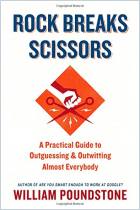
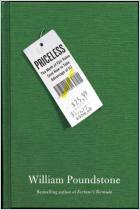
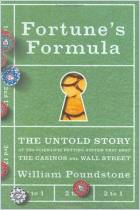
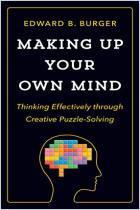
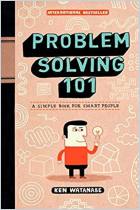
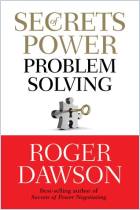
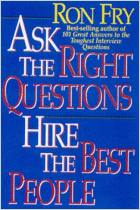
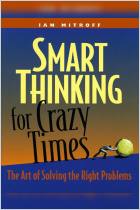
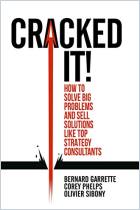




Comment on this summary